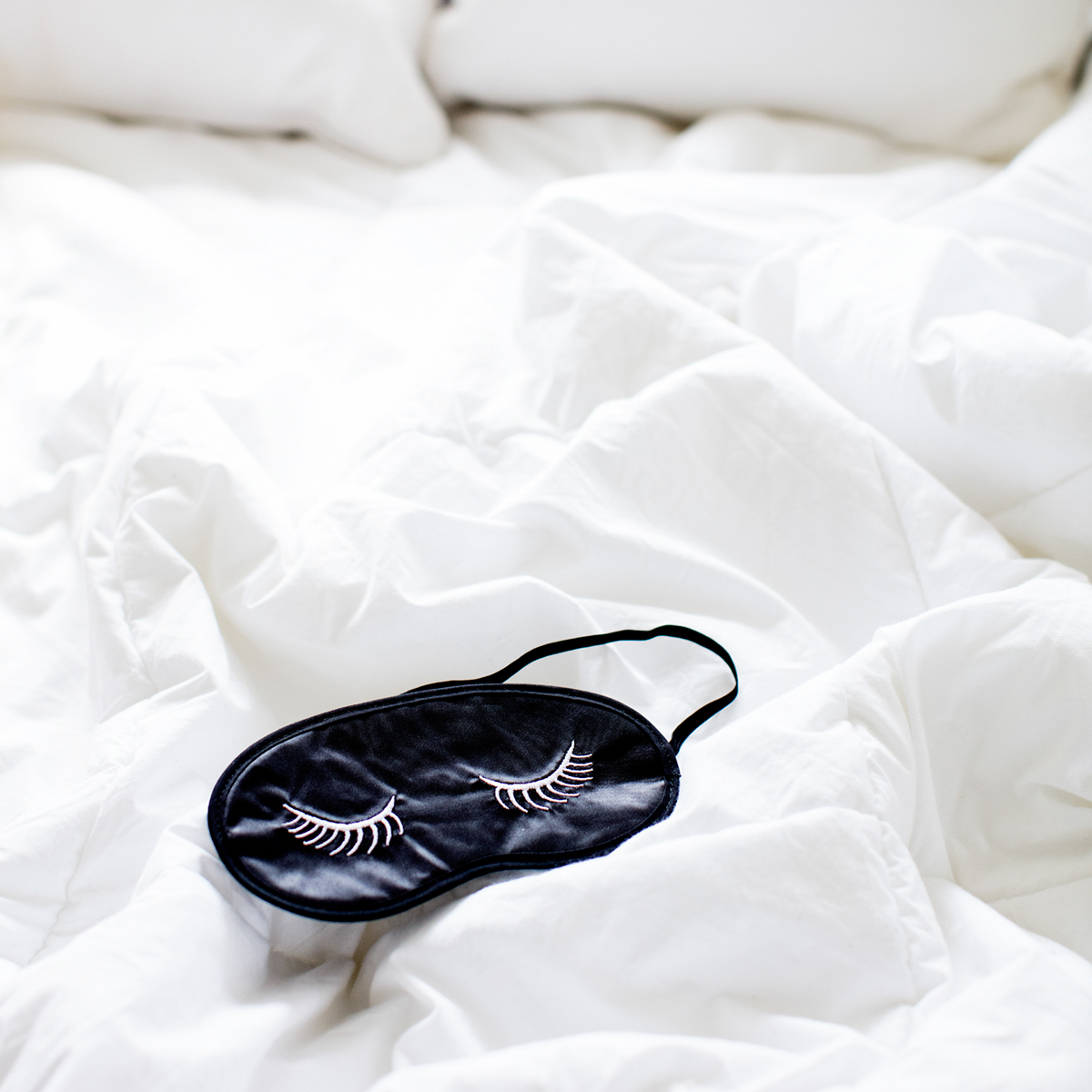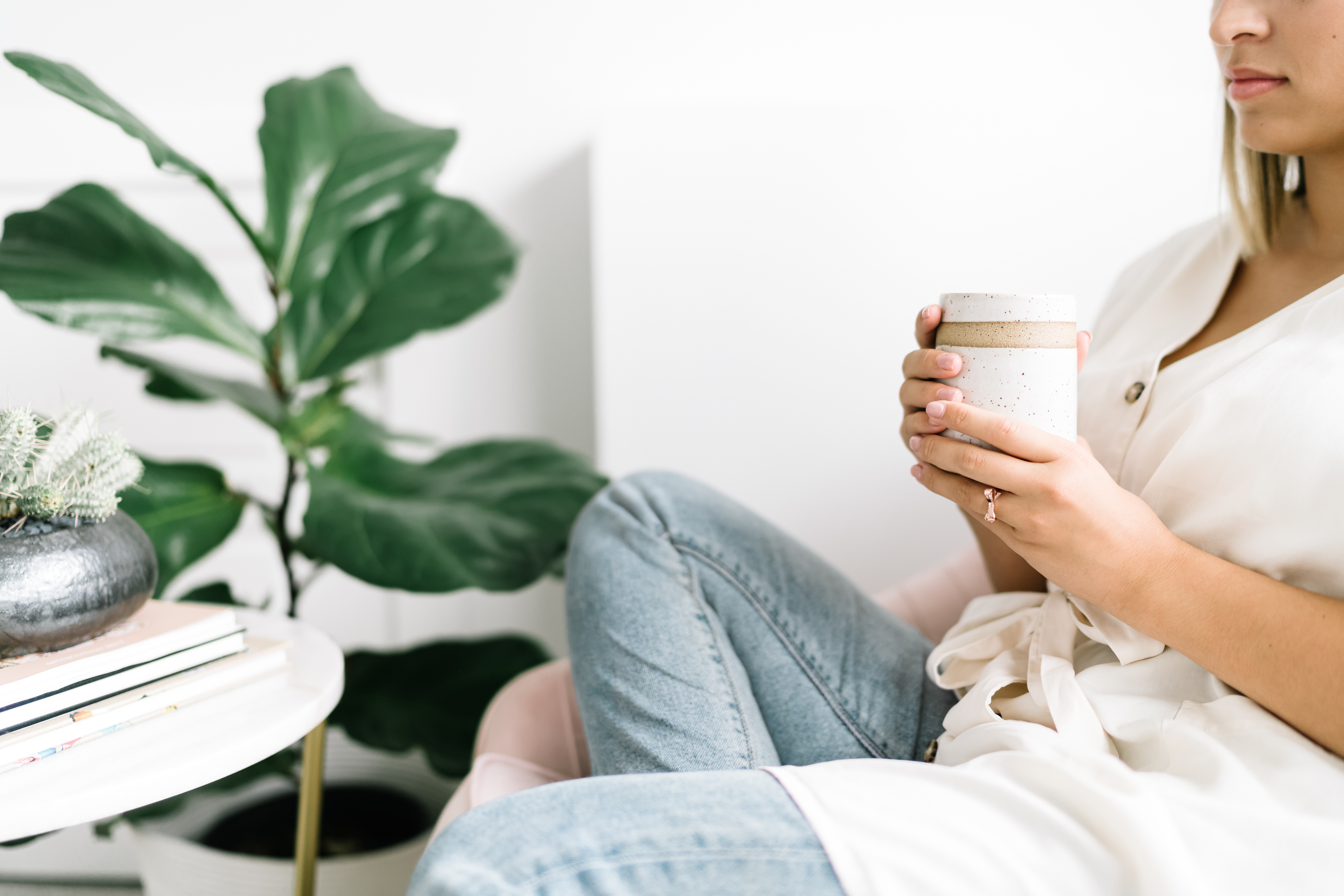When I talk to patients one of the biggest things that they struggle with is getting a good night’s sleep. They are either having trouble falling asleep or getting good quality sleep. They wake the next day feeling drained and this gets in the way of their work, their health and effects their entire lives!
Why is quality sleep so critical for our health?
There are many major restorative functions that occur while we sleep. Hormone production, muscle growth, protein synthesis, tissue and cell repair just to name a few. Also, organs like our liver regenerate and process toxins cleansing our bodies while we sleep. Poor sleep can impede your body’s healing ability and can wreak havoc on your hormones, impairing your ability to concentrate during the day, lose weight and weaken your immunity.
One critical restorative function that happens while we sleep involves the neurotransmitter adenosine. While we’re awake, our neurons fire and cells power us through the day, this process produces adenosine. It builds up all day long, leading to a decrease in dopamine—the neurotransmitter that keeps us alert and focused. So as adenosine goes up, dopamine goes down, resulting in that sleepy feeling you get at night.
While we sleep, we clear adenosine from the body and start fresh in the morning feeling alert. The more sleep you get, the lower the level of adenosine, and the more alert you’ll feel in the morning.
Another hormone duo that’s critical to sleep is melatonin and cortisol. Cortisol, also known as our stress hormone, is highest in the morning to help us get up with gusto! Melatonin, our sleep hormone, is highest at night to help us drift off into a restful slumber. When our stress levels are high it can throw off our cortisol curve making our cortisol levels higher at night than they should be. This in turn impedes the body’s ability to make melatonin and keeps us from getting quality sleep.
How much sleep do you need?
The number of hours you should sleep depends on your age, gender, lifestyle, and your current health. It’s different for everyone, but generally between 7 and 9 hours is recommended. Some people feel great on less sleep, others (like myself) need a full 8-9 hours to feel rested. If you’re groggy and relying on caffeine or sugar to get you through the day, then you likely need more or better quality sleep.
There are lots of supplements and herbs that can be used to help aid sleep disturbances but before experimenting be sure to consult your naturopathic doctor. Also there are many sleep hygiene modifications that when implemented can make all the difference. What does sleep hygiene mean? It simply refers to your lifestyle habits surrounding sleep. What are you doing and when and how do your actions help or hinder you getting your zzzzzzzs.
To ensure you are getting enough quality sleep follow these 10 sleep hygiene tips:
- Stop eating at least 3 hours before bed. Late night meals and snacks are not just bad for your waist-line but they can also fend off a good night’s rest. Eating too close to bedtime prevents your body cooling down as it raises your insulin levels. As a result, less-cell boosting melatonin and growth hormone are released while you snooze. Your digestive organs are also prevented from having a much needed break, not to mention the fact that you have just ingested a whole whack of calories that are not readily burned and instead are stored as fat. So moral of the story? Have your last meal of the day be on the lighter side and eat it at least 3 hours before bed.
- Cut out electronics at least one hour before bed. Many of us enjoy watching TV and catching up on texts or emails in the evenings, but too much screen time close to bed time can interfere with a good night’s rest. Your computer, phone and other screens emit blue light which suppress melatonin secretion, not to mention TV shows that raise your heart rate (um, Game of Thrones…) stimulate hormones like noradrenalin, dopamine and cortisol, hampering your ability to fall asleep. Instead of squeezing every second of screen time you can out of your evenings, shut everything down 1 hour before you want to hit the sack and settle into a sleep inducing relaxing routine.
- Start getting ready for bed and settling down 1 hour before your bedtime. Have a warm bath, or get into bed early and read a book, or meditate. This will help your body relax and signal to your body that it’s time to get ready for sleep. I recommend implementing a spiritual practice before bed to help you process and put away your day so that you mind and body can rest. Read more about creating your own spiritual practice here.
- Stop drinking liquids 2 hours before bed – including alcohol. This will help you cut down on the need to get up at night to go to the bathroom and disrupt your slumber. Though it can be tempting to have that glass of red wine at night to relax, it could be the reason why you are waking up at 2 or 3 am. Alcohol feels like a sedative at first because it slows down motor and brain function, leaving us feeling relaxed and worry-free. However, as alcohol is metabolized, acetaldehyde is produced, which acts like a stimulant in our bodies. This is what wakes us up in the wee hours of the morning and prevents us from getting the rest we need. So for a good night’s sleep, pull back on the alcohol and drink it earlier and with food (or not at all) and also monitor your non-alcoholic liquid intake as well.
- No caffeine after 2pm. This may be a hard one for some people but caffeine later in the day is a no-no if you want quality, uninterrupted sleep. Simply put, caffeine is a stimulant and even though you may feel you need it to get past that afternoon slump, you are actually hindering your body’s ability to rest later that night. Reach instead for a glass of water, green juice or piece of fruit. Or better yet, take a 10 mins meditation break for a mid-day recharge.
- Make your room as dark as possible. Your body needs darkness to signal melatonin secretion and help you get a good night’s sleep. Try to cut out any excess light so that your body can maximize melatonin production. Even a small amount of light interferes with the release of melatonin and subsequently, growth hormone. Cortisol remains abnormally high when you are exposed to light. Be aware of electro-magnetic fields (EMFs) that are emitted from electrical devices and digital alarm clocks in your bedroom. These can disrupt the pineal gland and the production of hormones melatonin and serotonin. Research has also linked EMFs to increase risk of cancer. If you must use these items, try to keep them as far away from the bed as possible – at least 3 feet away – and turn the light display away from your line of sight.
- Regular exercise can help you sleep better as long as you are doing it during the day. A late-night workout, especially a strenuous cardio session, raises body temperature significantly preventing the release of melatonin and increases the production of cortisol, noradrenalin and dopamine which stimulate brain activity and make the body alert suppressing melatonin secretion and warding off sleep. Exercise during the day, especially in the morning, is best for fostering hormone health.
- Go to bed before midnight. When it comes to the timing of your nightly snooze, the most restorative window is typically between 11pm and 7am because your circadian rhythm is likely at its lowest point. (Although your dream time can vary—just try to nod off before midnight and sleep 7-9 hours.) Your circadian rhythm is influenced by your environment—namely lightness and darkness. It controls many of the physical, mental, and behavioral changes you experience in a 24-hour cycle, including your sleep pattern. Paying attention to your circadian rhythm and going to sleep when you feel drowsy means you’ll hit deep, restorative sleep more rapidly.
- Keep your bedroom cool and sleep in the nude or lose light clothing. Sleeping in an environment that is too warm can impede the natural cooling that should take place in your body while you sleep. This cooling process helps to release melatonin, growth hormone, repair bones, skin and muscles, and helps us burn fat while we sleep. So it’s important to keep our bodies cool at night and not pile on layers of blankets or clothing. Same thing goes for tight fitting clothing. Wearing tight clothes to bed – even a bra or underwear – can hinder sleep and has been proven to reduce secretion of melatonin and growth hormone. Your best bet to getting a good night’s sleep? Wear light, loose fitting clothing or better yet, sleep in the nude and keep your bedroom cool.
- Let the light in as soon as you wake. Remember Melatonin is suppose to be at it’s lowest point first thing in the morning. If you remain in darkness your body will not get the signal that it’s time to wake up and you will feel groggy and fatigued. This can also cause decreased levels of serotonin leading to depression, anxiety and food cravings over time. It’s important that first thing in the morning you let the light into your bedroom and if possible get outside to get some sun on your skin. Support your natural circadian rhythm by letting in the sunlight as soon as you can upon waking.




